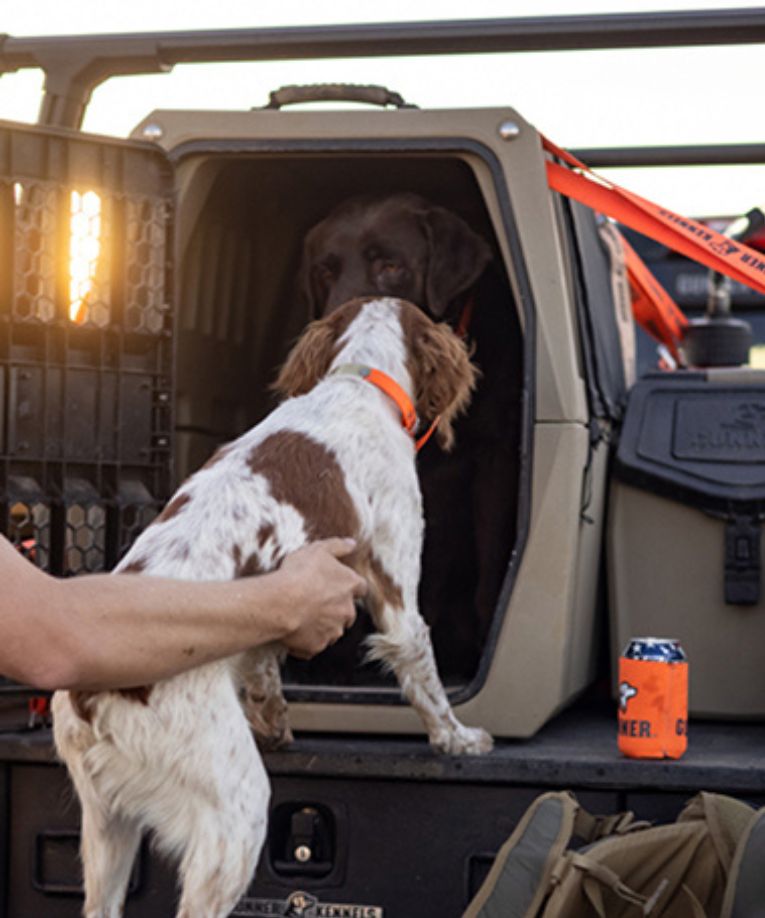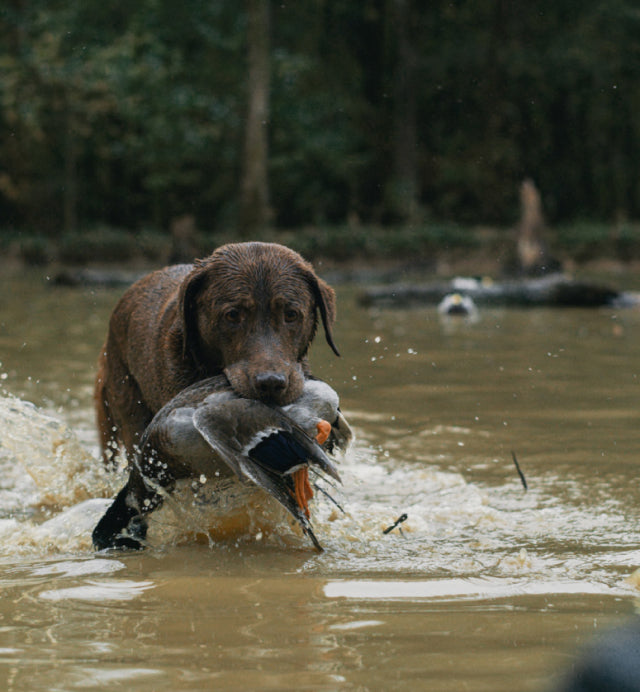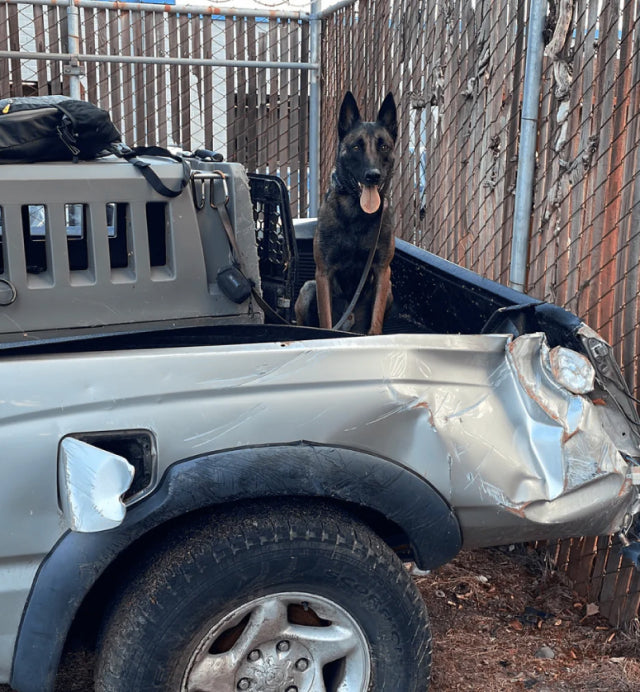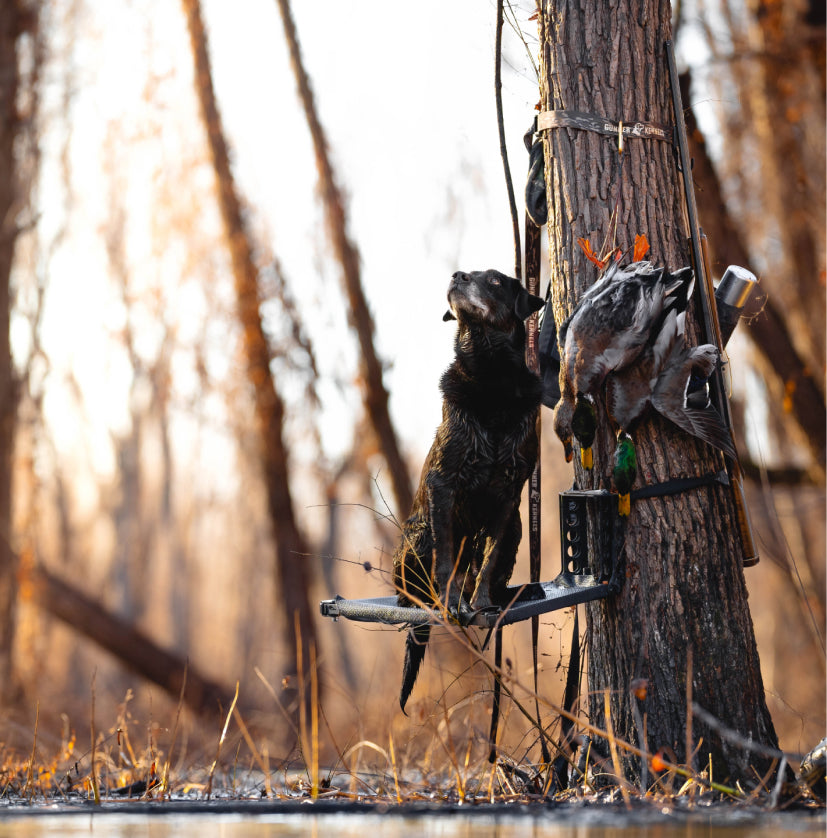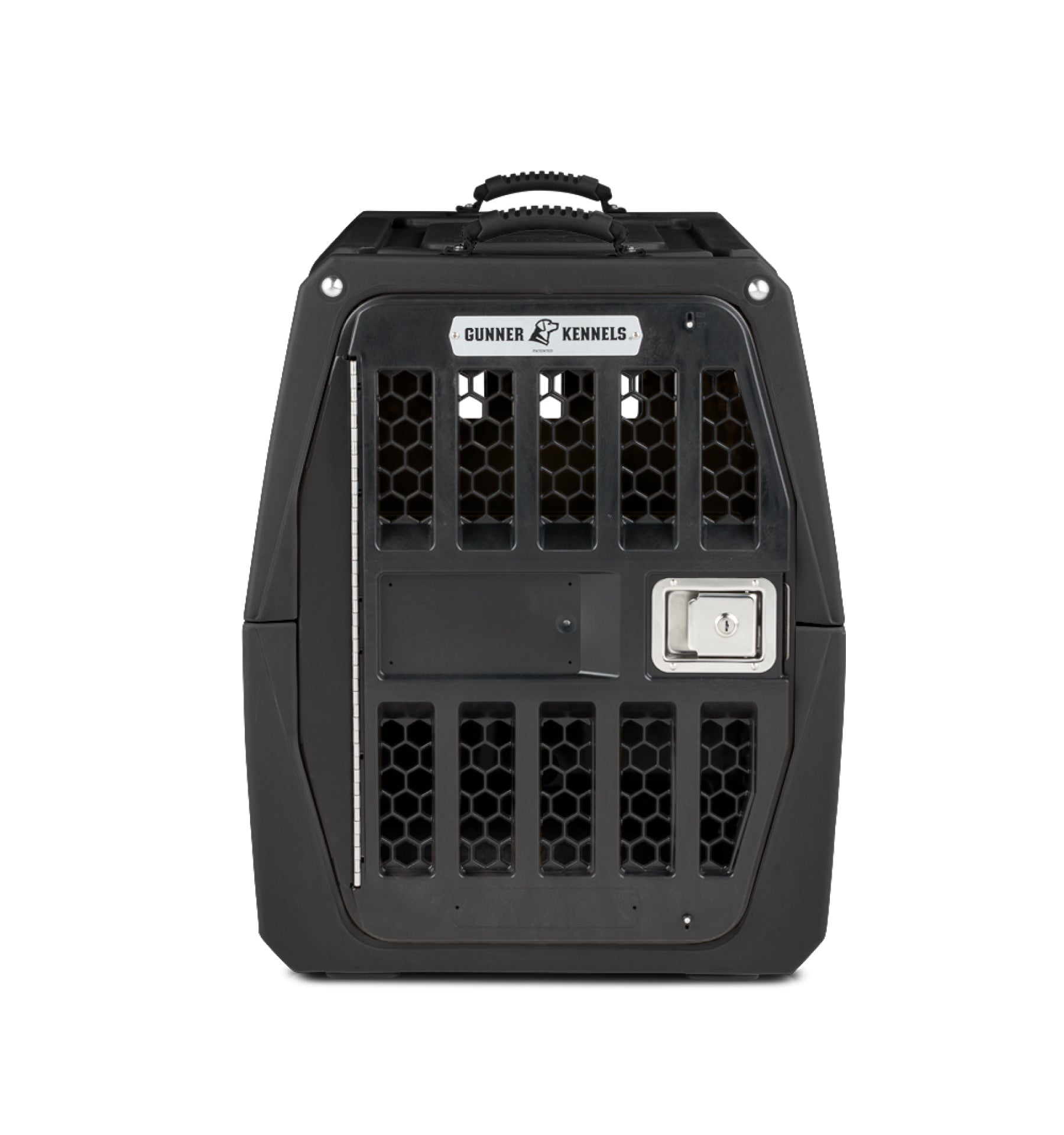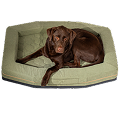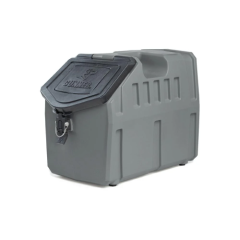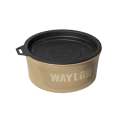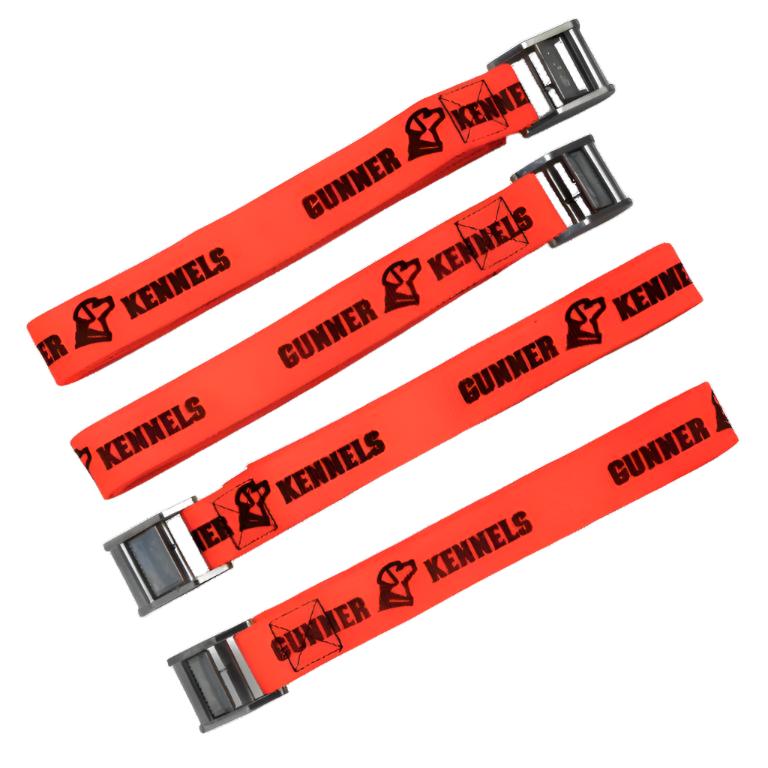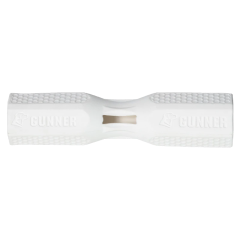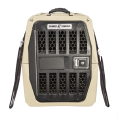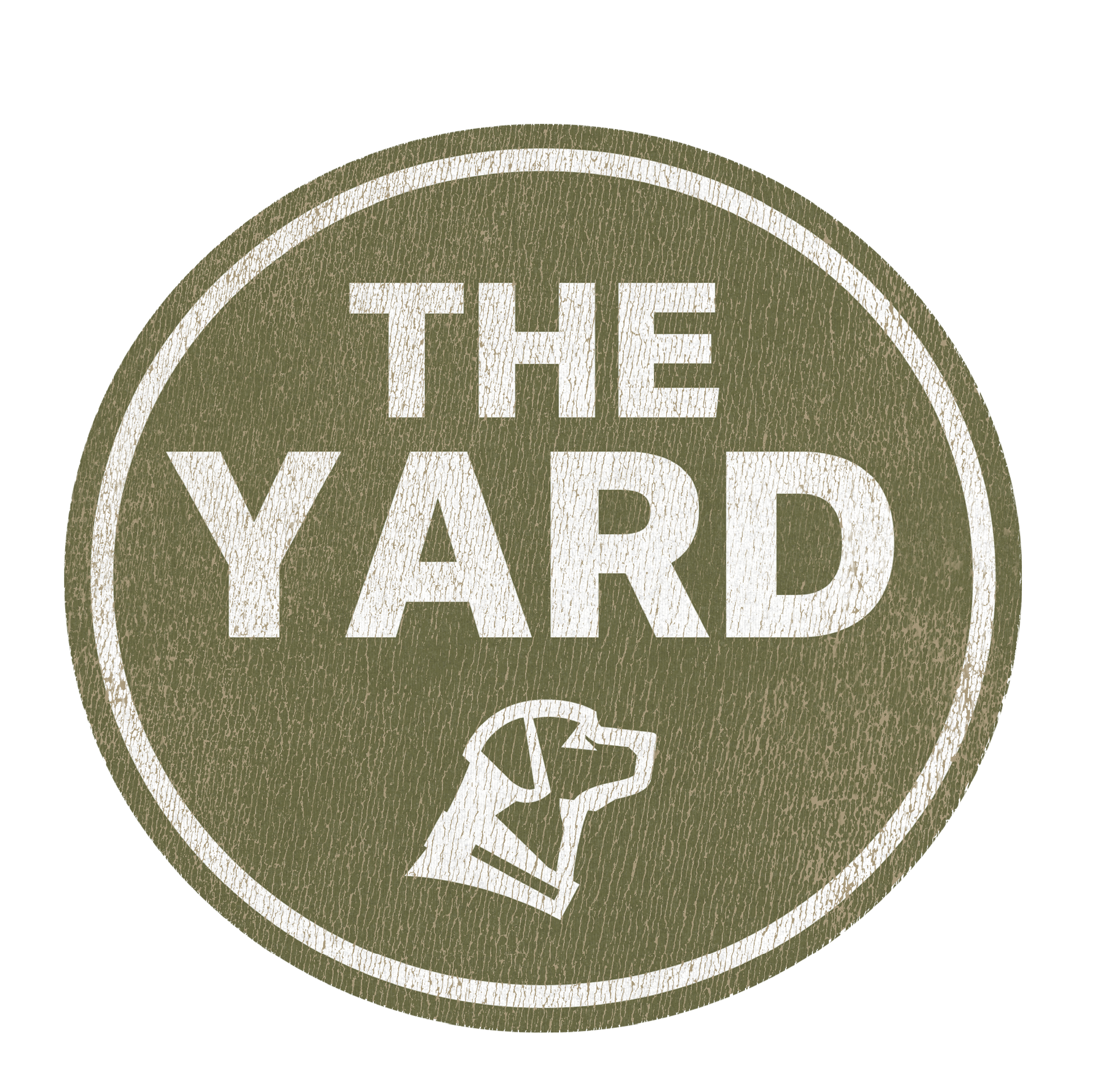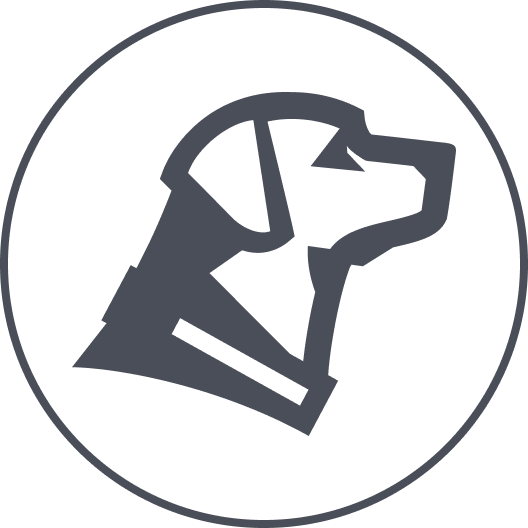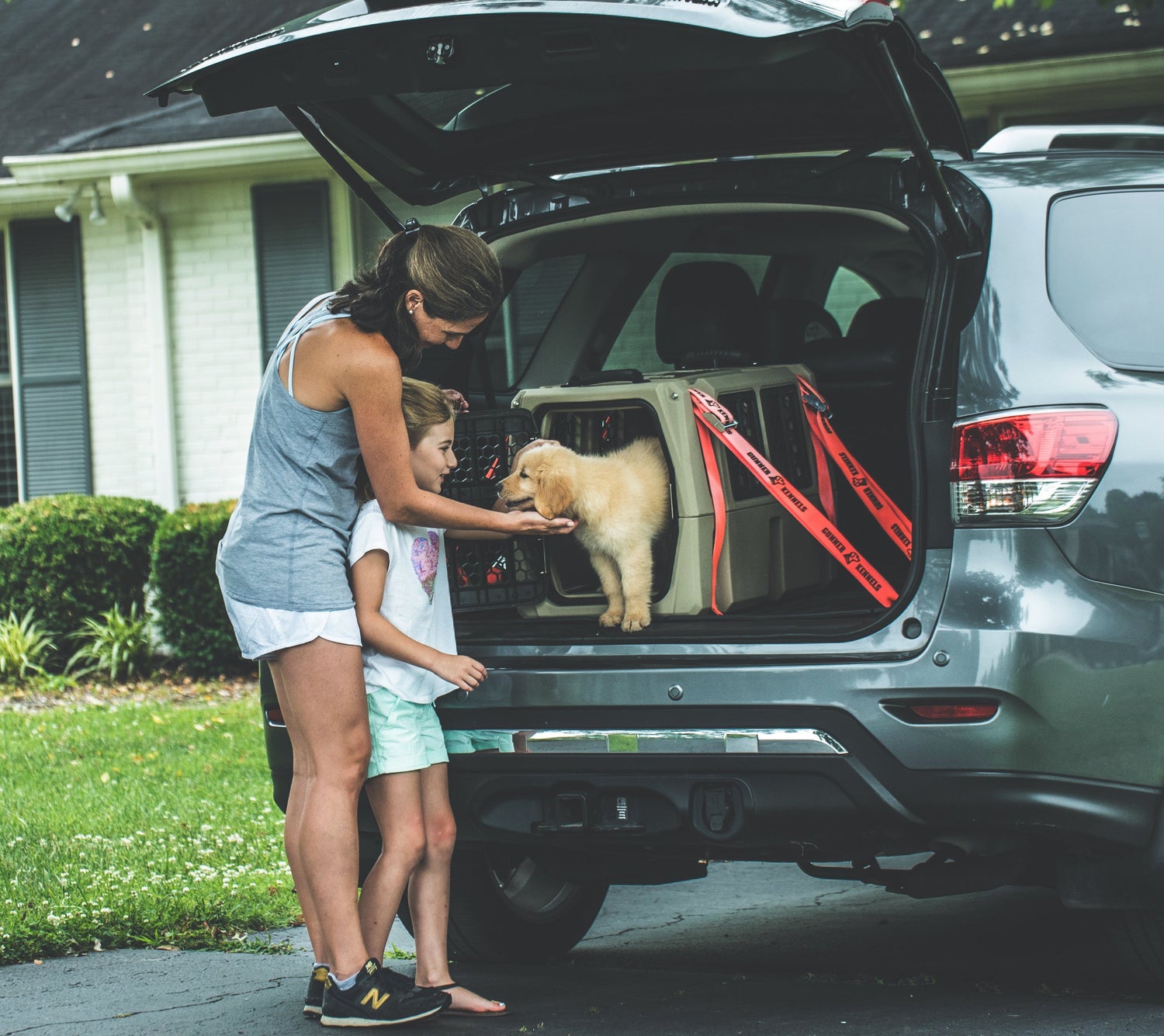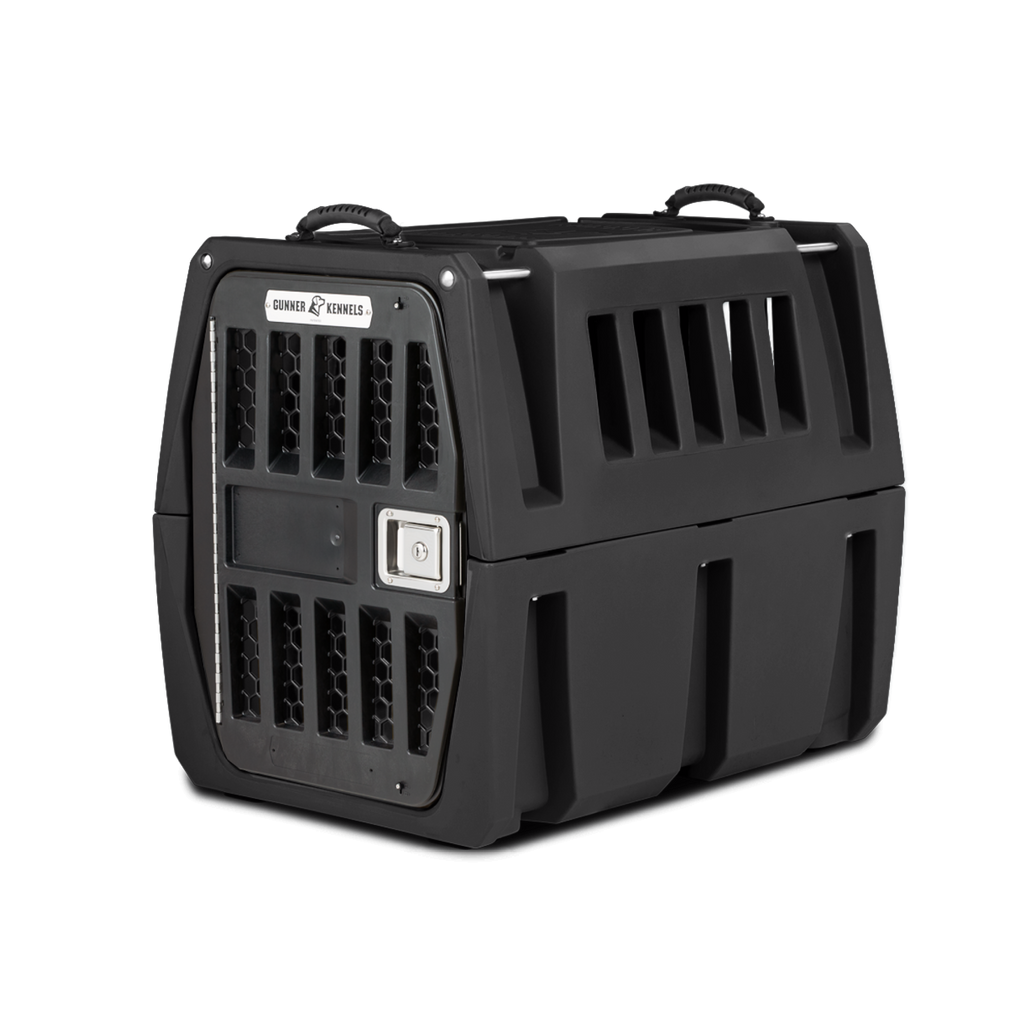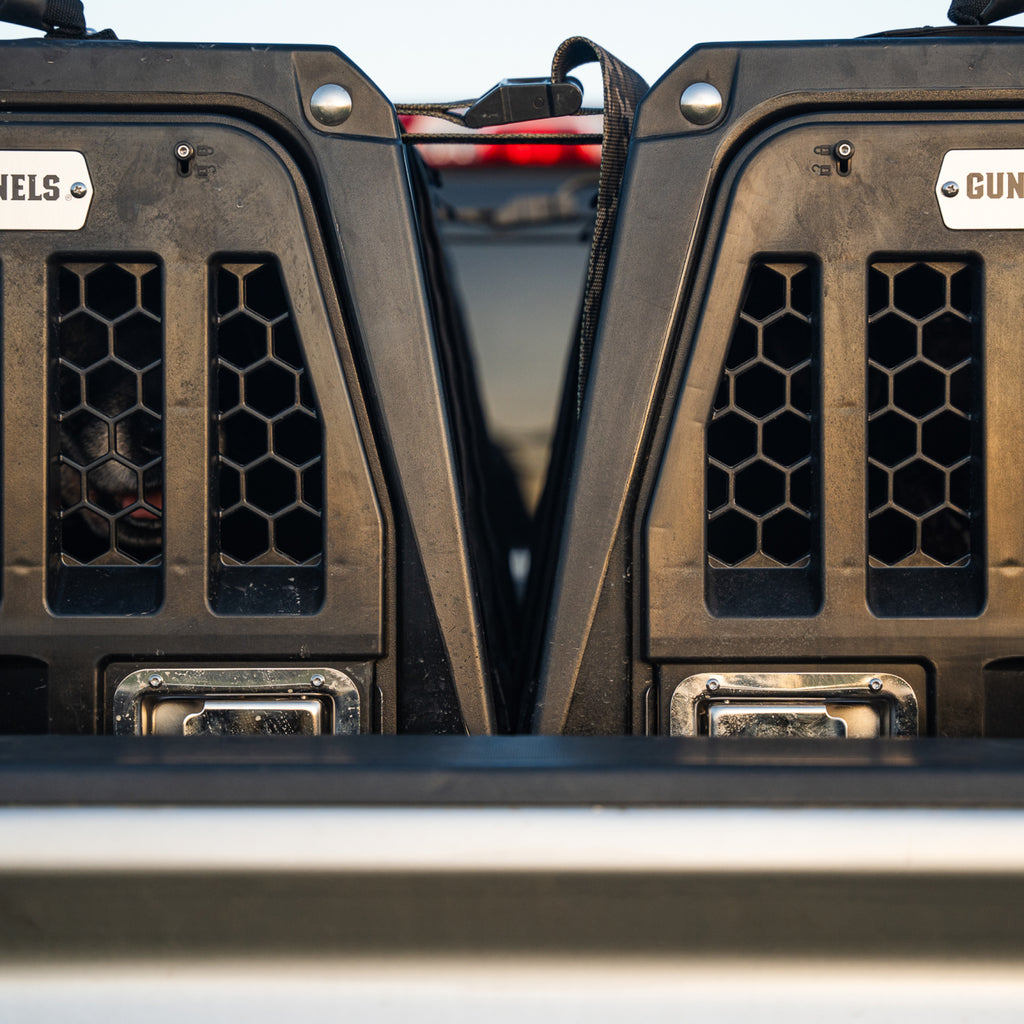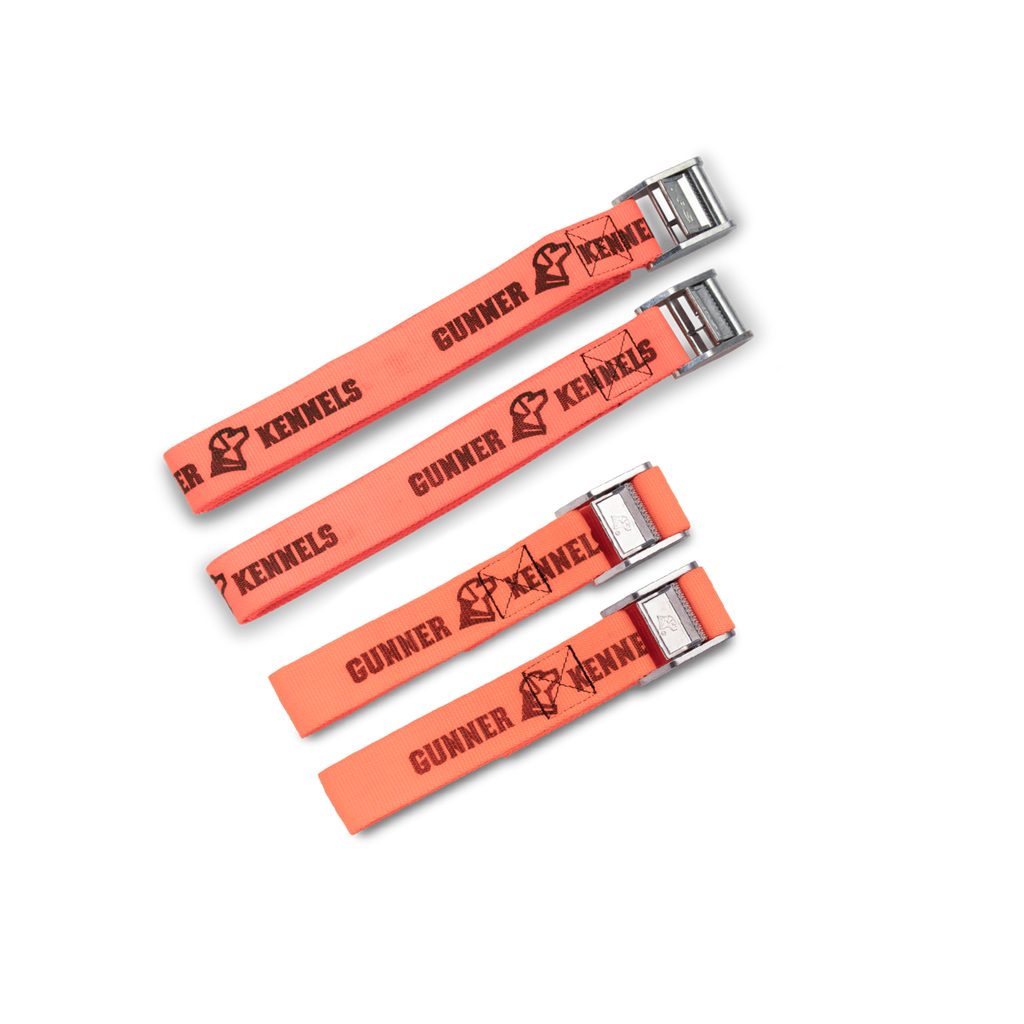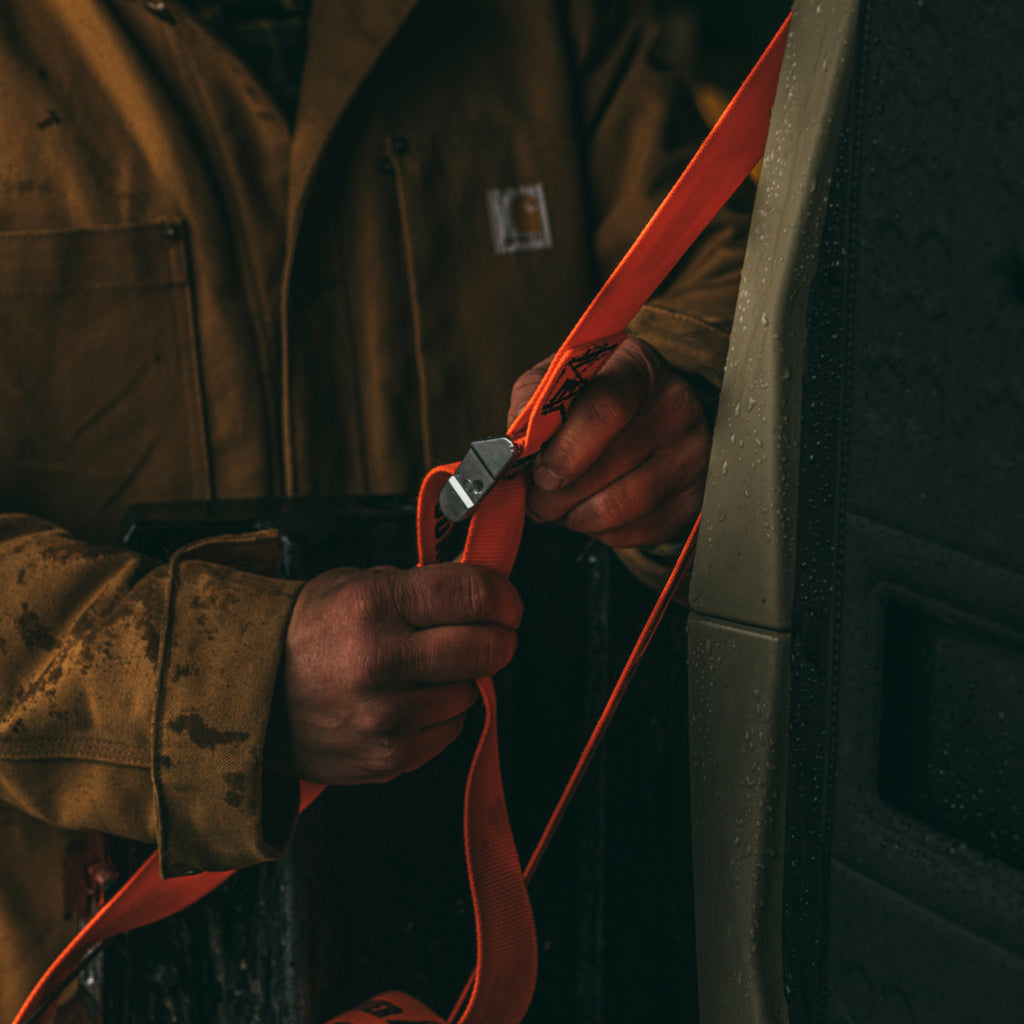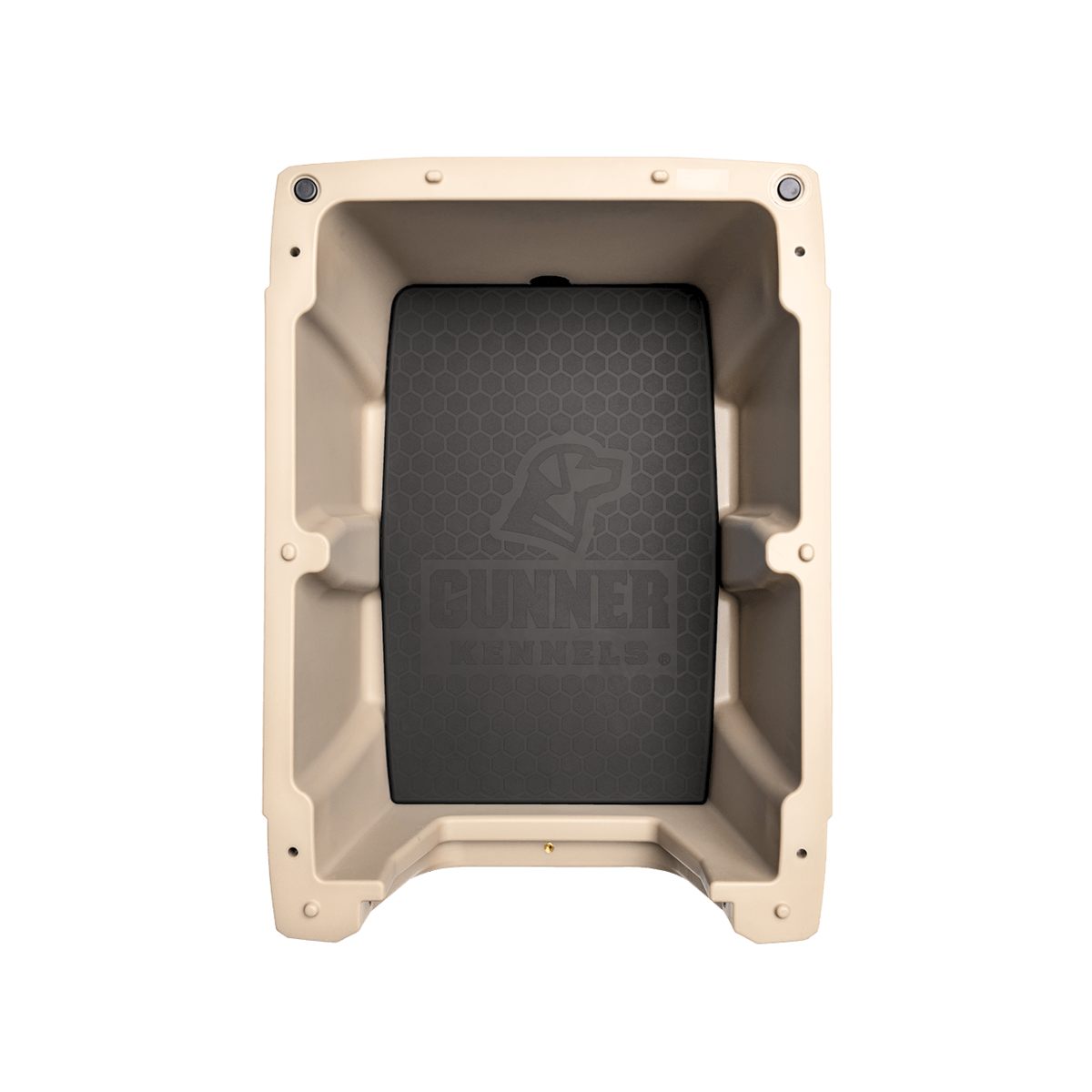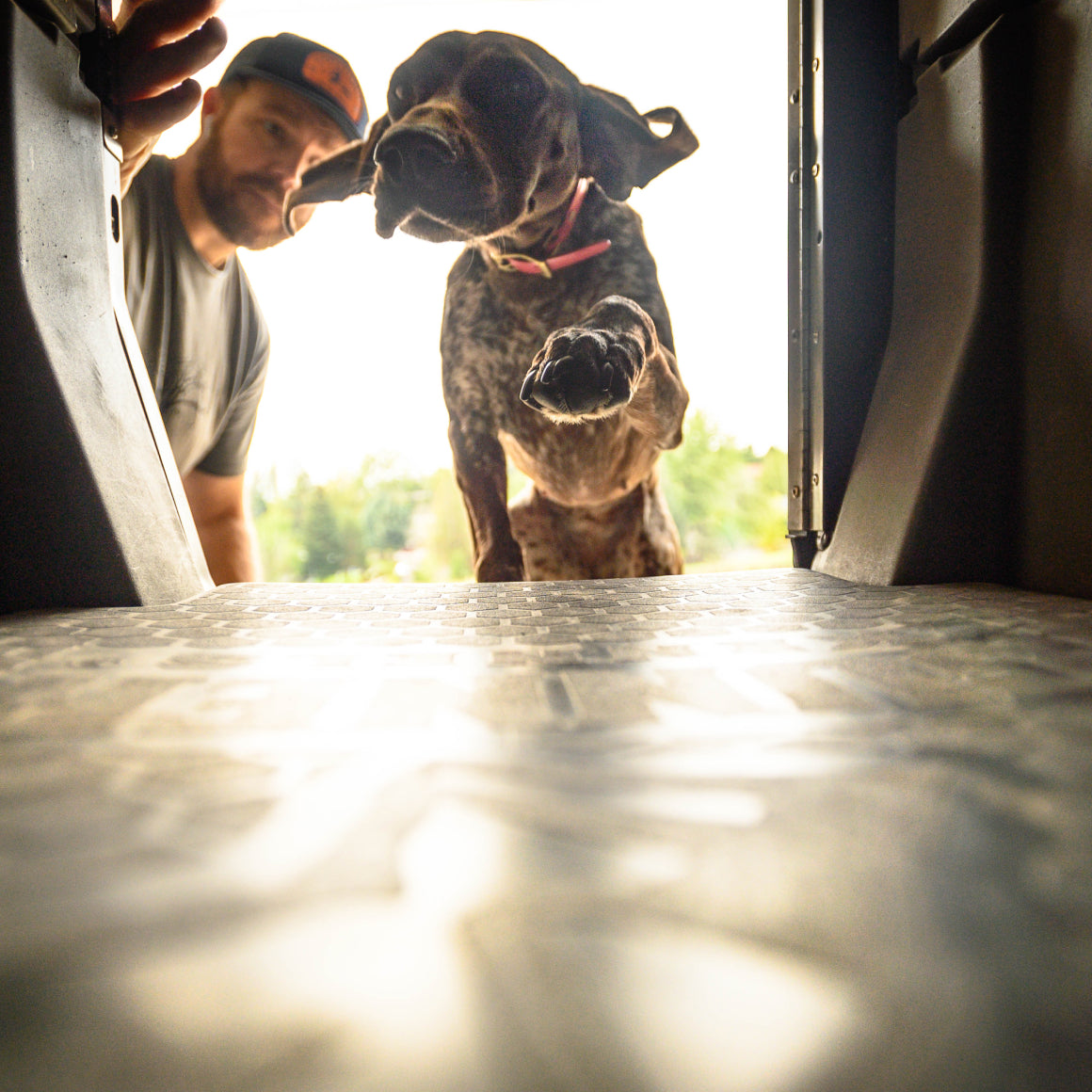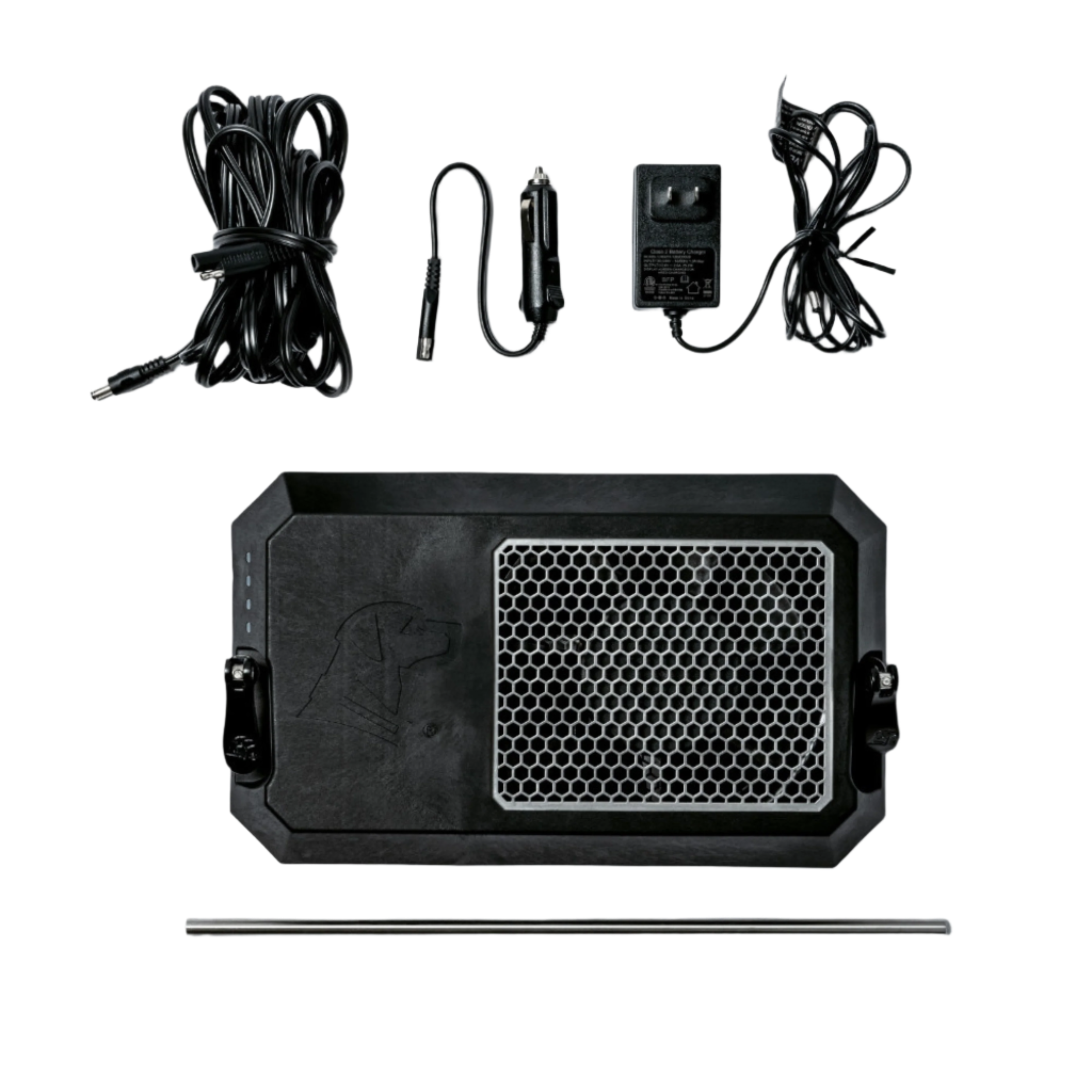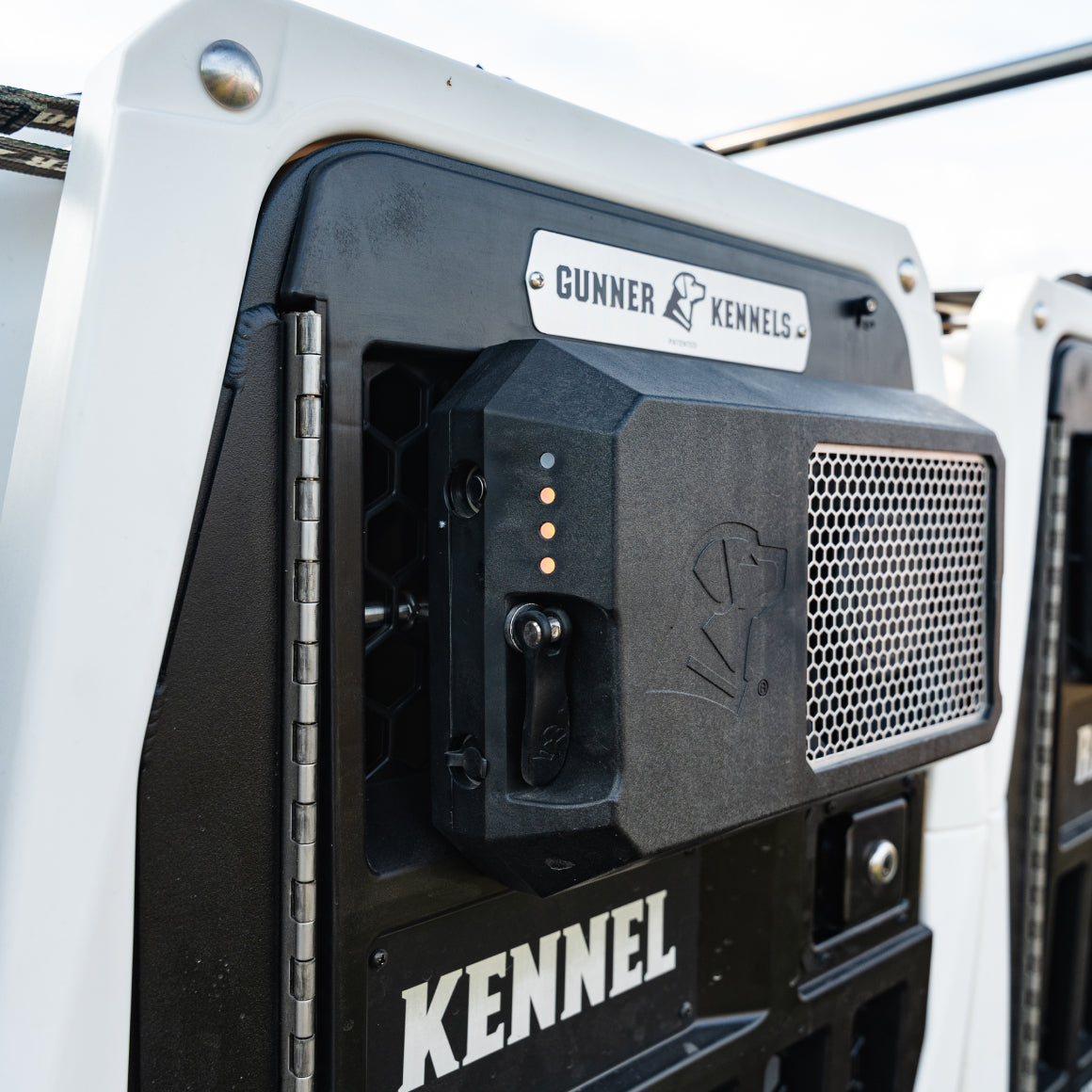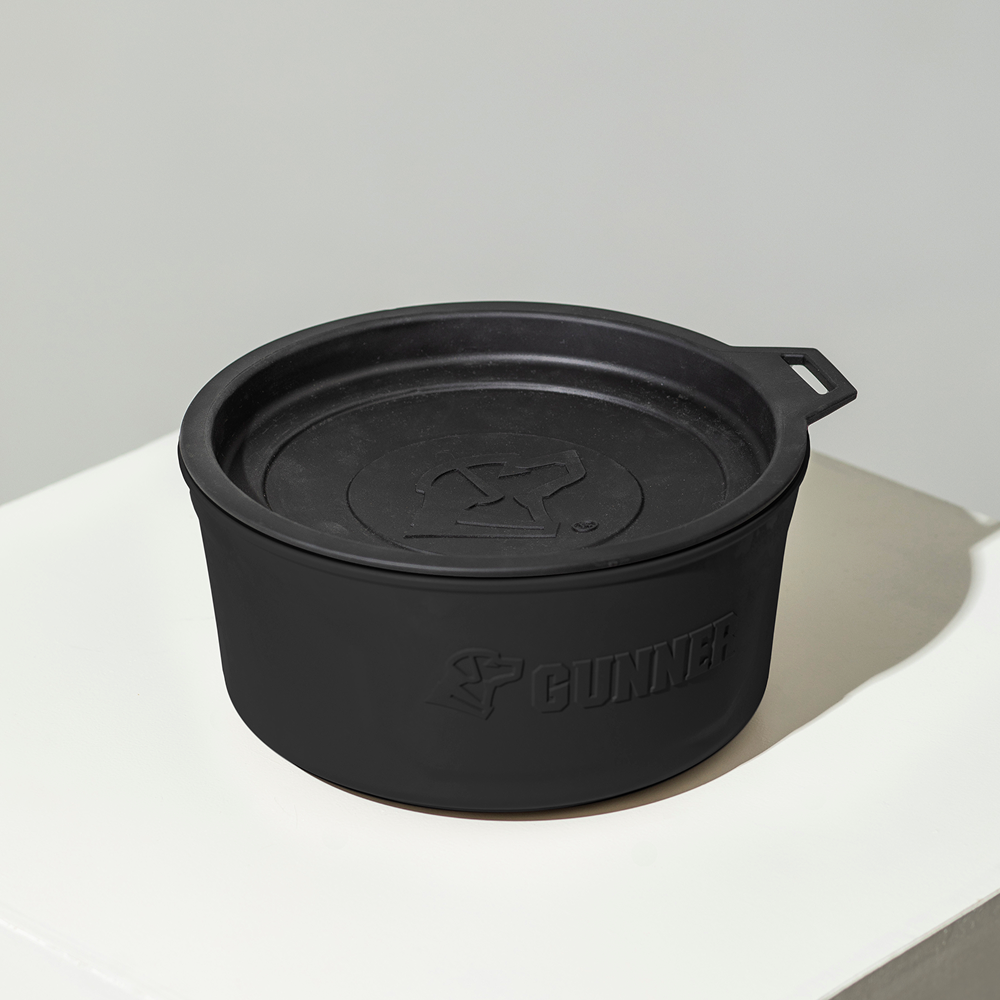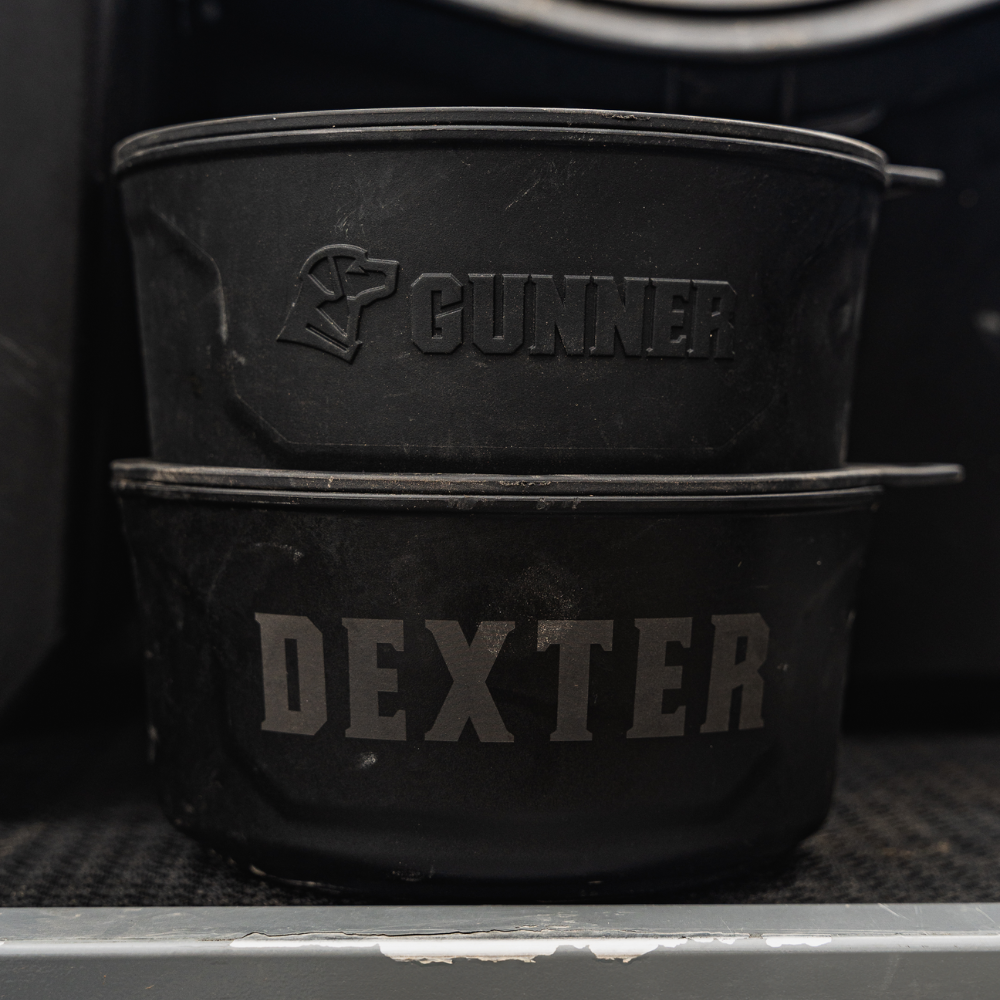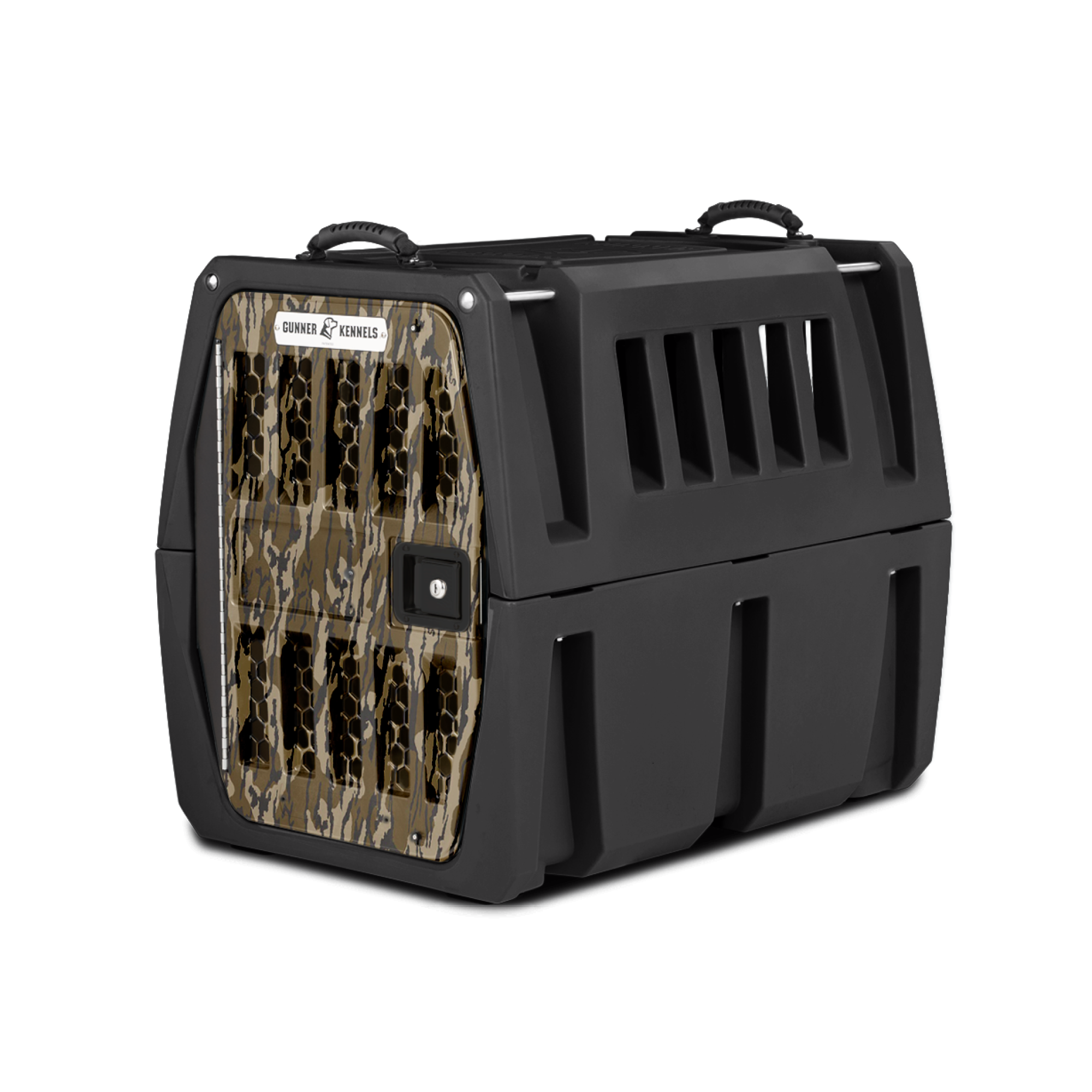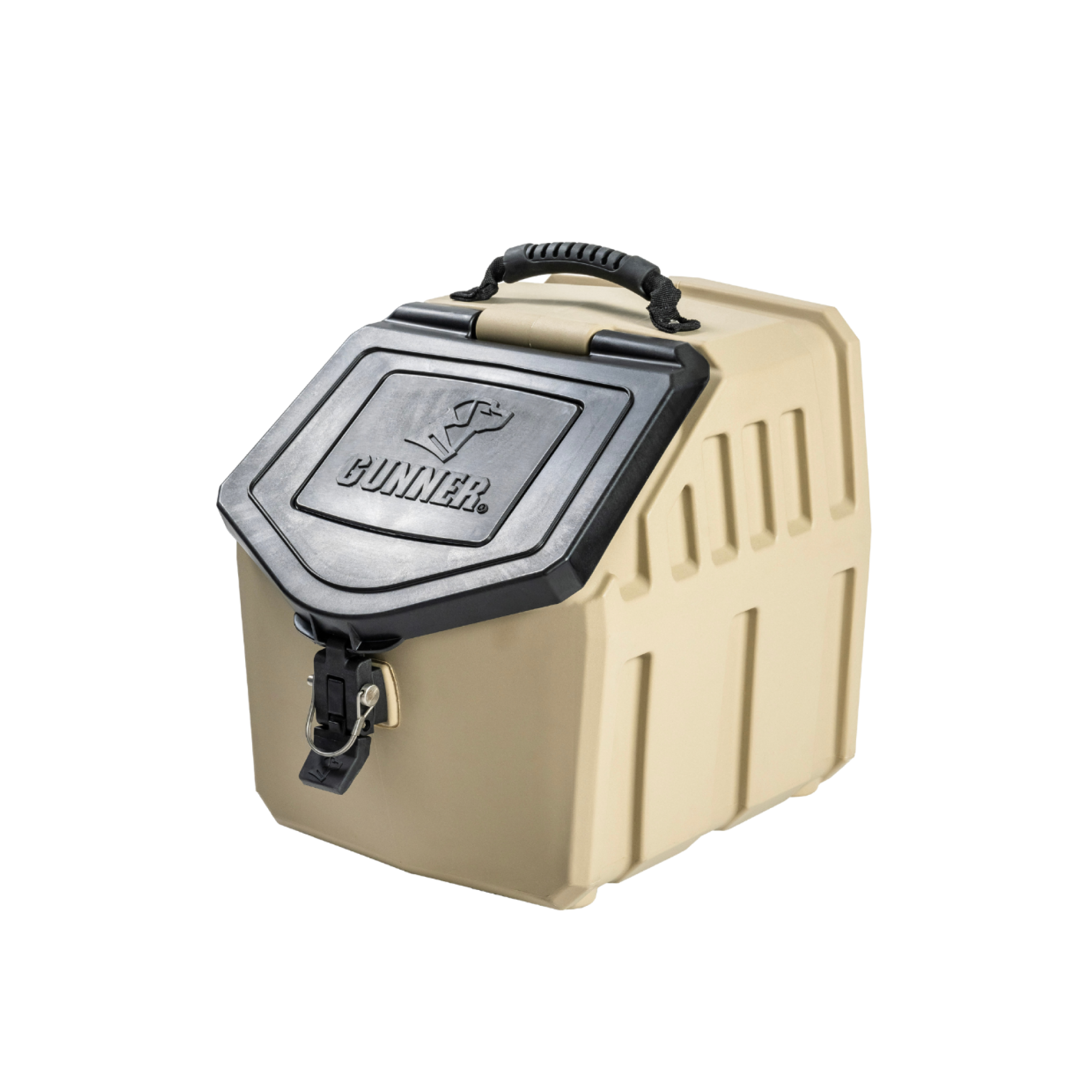Words by Bob Owens of Lone Duck Outfitters
You made a very serious and exciting commitment and you’re headed out to pick up your puppy and bring them home for the first time. I’ve been in these shoes for many puppies and it’s just as exciting each and every time. At Lone Duck, we get a lot of questions about taking care of puppies and making sure they have everything they need to learn, grow and be happy, so let’s talk through a few important things to keep in mind:
“I want the smartest dog in the world”
Boy, don’t we all. I’ve heard quite a few people tell me they’re excited to work with their new puppy but then life gets in the way and months roll by and the puppy isn’t given clear, consistent training.
To help combat this issue, develop a training schedule that you can sustain. For example: five minutes when you first wake up, five minutes before work, five minutes after work, five minutes before bed.
We’re all busy but there isn’t a person in the world who couldn’t make that happen for a puppy. Remember, your puppy doesn’t have a long attention span so you need to make each training session concise, fun and leave them wanting more. These short training sessions will work whether you’re tossing a couple bumper
Quick Tip: Make sure the entire family is committed to the clear, consistent training or the gaps will create confusing inconsistencies for the pup.
Don’t forget your nouns.
Another extremely important thing to do with a new puppy is to expose them to as many different nouns as possible. People. Places. Things.
If you’re planning to have a confident dog that you can take anywhere and know they’ll be calm and happy, you need to mindfully help. When it’s raining, bring your dog outside to play. When you’re driving to get ice cream with the family, bring the pup for a ride in their kennel. Are you going for a hike in the woods? Yup, bring the pup and let them explore, smell and experience as much as possible. Make sure each introduction to these nouns are positive and fun for the dog and they’ll learn through repetition that they’re ok in new places, with new people and around new things.
Quick Tip: Bring your dog to dog friendly businesses and practice obedience. It’s easy for a dog to listen in your backyard and away from distractions; try coaching your dog in public where it counts.
Kennel training is key
Your puppy needs a safe place to sleep, travel and relax while you’re not supervising them and a well-built kennel is your best bet. While some people (falsely) think locking the dog into a box is unfair, dogs actually crave the sheltered environment; plus, it helps keep them safe and makes house training a breeze. The key is to find the correct size kennel for your dog. You should have direct supervision over the puppy at all times and if you can’t because you’re taking a shower, cooking dinner, etc., the puppy should safely relax in their kennel until your attention is back on them.
Quick Tip: For house breaking the puppy, your kennel should only have enough room for the dog to comfortably turn around and lay down in the kennel. If there’s enough room for the puppy to potty on one side and lay down in another spot, they won’t learn to hold it.
If you can sustain a training program and commit the necessary time and energy to your puppy, the rewards will pay off for years.
Listen to Gunner Founder Addison Edmonds on Lone Duck’s 60th podcast episode: “Old dogs can learn beer tricks with Addison Edmonds.”
Lone Duck Outfitters is a professional gun dog training outfit that provides a community for all who share a passion for The Unspoken Bond. Learn more about the Owens brothers’ operation here.

Read more: Reasons To Crate Train Your Puppy

